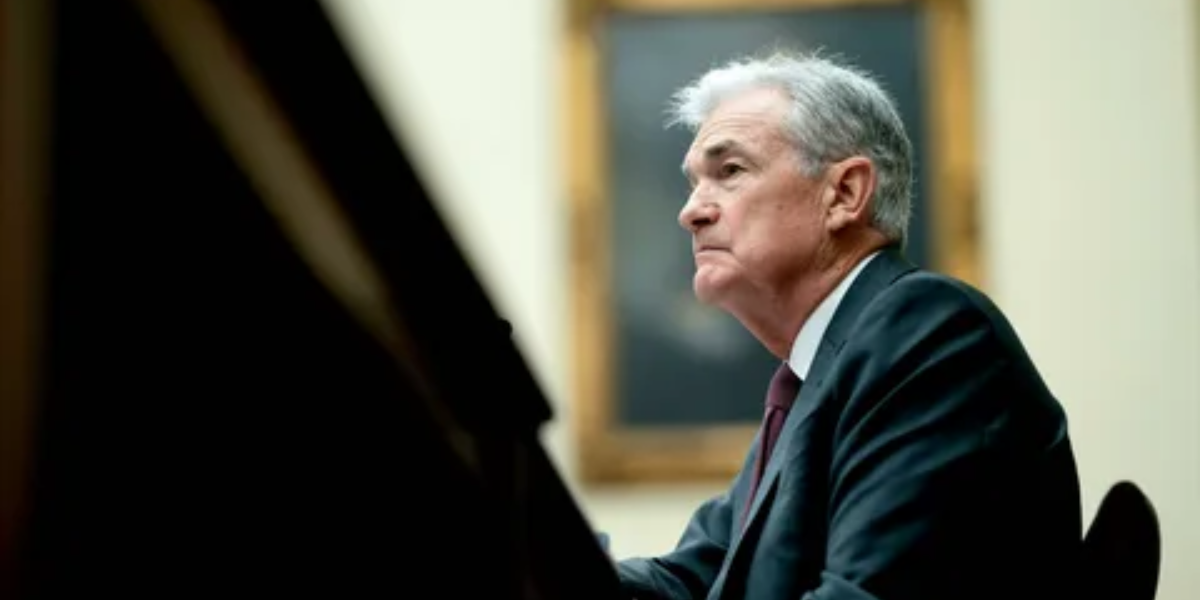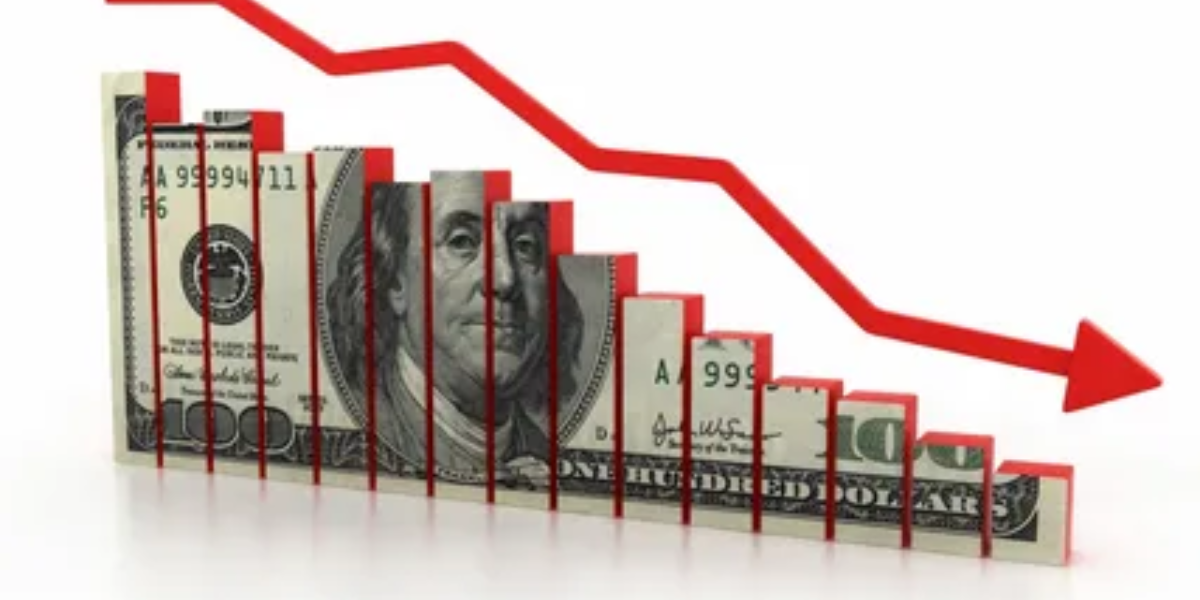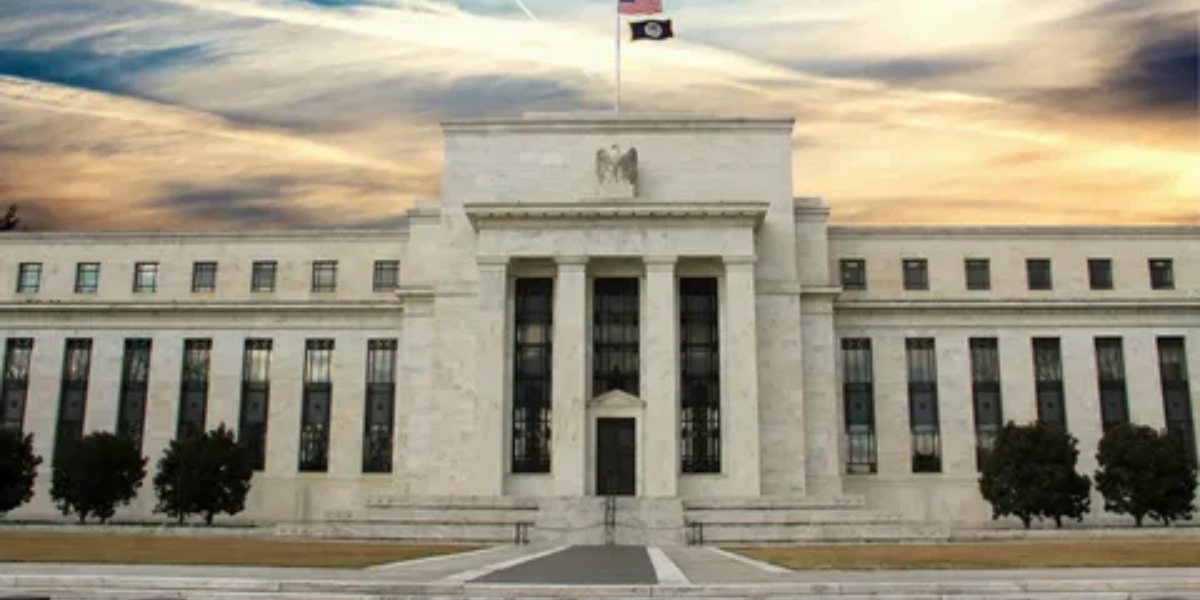Easing Inflation has Likely “Closed the Door” to Further Rate Hikes

Inflation, the measure of how much the prices of goods and services rise over time, is a pivotal indicator of economic health. When inflation surges, it can erode purchasing power, destabilize financial markets, and lead to a host of economic challenges. In such times, central banks, like the Federal Reserve in the United States, often respond by implementing measures such as raising interest rates to cool down spending and keep inflation in check.
However, recent trends suggest a shift in this narrative. Inflation, which had been a concern for policymakers globally, seems to be easing. This easing of inflationary pressures has prompted discussions about whether central banks, including the Federal Reserve, will continue their path of rate hikes or pivot towards a more accommodative monetary policy.
Understanding Inflation and Its Impact

Inflation is a natural phenomenon in any economy. It’s driven by various factors including consumer demand, production costs, and monetary policies. Moderate inflation is generally considered healthy for economic growth as it encourages spending and investment. However, when inflation becomes too high or too low, it can create instability and hinder economic progress.
The Role of Central Banks in Controlling Inflation
Central banks play a crucial role in managing inflation. Through tools like monetary policy adjustments and interest rate changes, they aim to maintain price stability while fostering sustainable economic growth. For instance, when inflation exceeds the desired target, central banks may opt to raise interest rates to reduce spending and curb price increases.
Recent Trends: Easing Inflation

In recent months, there have been signs of easing inflation in many economies, including the United States. Factors such as supply chain disruptions easing, decreased consumer demand, and stabilization of commodity prices have contributed to this trend. While inflation remains above pre-pandemic levels, the pace of increase has slowed, offering some relief to consumers and businesses.
Implications of Easing Inflation
The easing of inflationary pressures carries significant implications for various aspects of the economy. It can alleviate concerns about rising costs for consumers and businesses, potentially boosting consumer confidence and spending. Additionally, it may reduce the urgency for central banks to implement aggressive rate hikes to combat inflation, thereby influencing financial markets and investment strategies.
Federal Reserve’s Response: Halting Rate Hikes

In response to the evolving inflationary landscape, the Federal Reserve has signaled a pause in its plans for further interest rate hikes. While the Fed remains committed to its dual mandate of price stability and maximum employment, recent statements from policymakers suggest a cautious approach to monetary tightening amidst easing inflationary pressures.
Economic Stability vs. Rate Hikes
The decision to halt rate hikes reflects a delicate balance between maintaining economic stability and addressing inflationary concerns. While higher interest rates can help control inflation, they can also slow down economic growth and dampen consumer spending. By pausing rate hikes, central banks aim to support continued recovery while keeping inflationary pressures in check.
Market Reactions to Inflation and Rate Hikes

Financial markets often react swiftly to changes in inflation expectations and interest rates. The prospect of easing inflation and a pause in rate hikes may lead to adjustments in bond yields, stock prices, and currency values. Investors may reassess their portfolios and investment strategies in light of changing economic conditions and central bank policies.
Consumer Perspective: Relief Amidst Uncertainty
For consumers, easing inflation can bring a sense of relief amidst economic uncertainty. Lower inflation means that the purchasing power of their income is preserved, making it easier to afford goods and services. However, consumer sentiment may still be influenced by factors such as employment trends, wage growth, and broader economic outlook.
Investment Landscape in Light of Easing Inflation

The investment landscape is also influenced by changing inflation dynamics and central bank policies. In a low inflation environment, certain assets such as stocks and real estate may become more attractive, while traditional inflation hedges like gold may see reduced demand. Investors need to adapt their strategies to navigate shifting market conditions and capitalize on emerging opportunities.
Global Economic Outlook Amidst Rate Hike Speculations
The easing of inflation and the pause in rate hikes by central banks have implications beyond domestic economies. Global interconnectedness means that decisions made by major central banks can reverberate across borders, impacting trade, capital flows, and currency exchange rates. Observers will closely monitor how different economies adjust to changing monetary policies and inflationary pressures.
Factors Influencing Future Rate Decisions

While easing inflation has led to a pause in rate hikes, the future path of monetary policy remains uncertain. Several factors, including developments in inflation, employment trends, geopolitical events, and the trajectory of economic recovery, will influence central bank decisions in the coming months. Flexibility and data-dependence will be key principles guiding policymakers.
Strategies for Navigating a Changing Economic Landscape
In a dynamic economic environment characterized by easing inflation and evolving central bank policies, individuals and businesses need to adapt and plan accordingly. Strategies such as diversifying investment portfolios, staying informed about market developments, and maintaining financial flexibility can help navigate uncertainty and capitalize on opportunities.
Adapting to Economic Shifts
The recent easing of inflation has likely “closed the door” to further rate hikes in the near term. Central banks, including the Federal Reserve, are taking a cautious approach to monetary policy amidst evolving economic conditions. While easing inflation offers some relief, it also underscores the need for vigilance and adaptability in navigating the ever-changing economic landscape. By staying informed, proactive, and flexible, individuals and businesses can position themselves for success in the midst of uncertainty.
Click here for more visited Posts!





